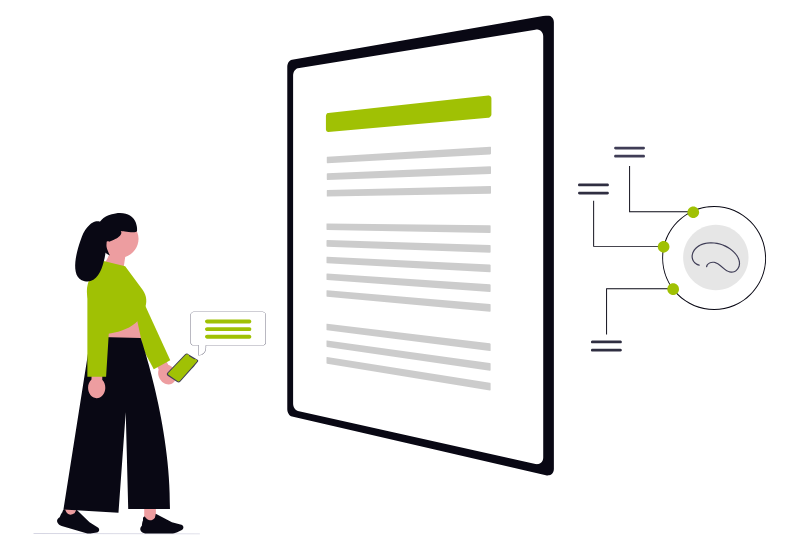There are a lot of reasons why humans get distracted. It's an important issue, and there's a good reason why Fleetcoach offers a module on distraction and inattention while driving. In fact, the data suggests it's an incredibly complex issue, and new and different types of distractions turn up in the studies all the time. Well, researchers at the Massachusetts Institute of Technology’s Age Lab and Touchstone Evaluations, have a new approach. They want to understand how the human brain responds to distractions, and how we can make technology work with us, rather than against us.
For example, some more human-friendly technology could 'declutter the car’s instrument panel in situations that require more attentional awareness. Getting ready to make a left turn at a large intersection? Maybe it'll hold off buzzing about that new text. Driving on the highway in heavy rain? Maybe it won't let you navigate through a menu to queue up a podcast.' And then there's the potential for vehicles to recognise what kind of distracted driver its carrying (a teenager versus an older person for example) - and respond accordingly.
Of course, the researchers are quick to point out that inattention won't be solved by an algorithm, and there's a danger that technology is handed the unrealistic job of fixing all our distraction problems and effectively saving us from ourselves. 'Drivers will still need to be educated on the dangers of fiddling with stuff behind the wheel' they caution. And in relation to partial automation in vehicles: 'Even in these cars, human drivers remain vital. They need to know when they should retake control from the robots. And that means paying attention.'
We think that's fair enough!
You can read the whole article here.






.png)

